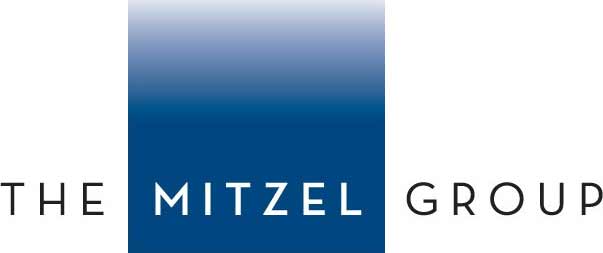The new year brings a host of new California employment law updates. Some of the updates will affect all employers, while others affect certain industries. Employers should review these changes closely to ensure they remain in compliance with California employment laws. As always, your Mitzel Group attorneys are available to walk you through any questions you might have regarding the updates and the impact on your business.
AB 1033–California Family Rights Act (CFRA): Effective 1/1/2022. Under CFRA, employers with five or more employees are obligated to allow certain employees to take unpaid leave for a series of medical or family reasons. AB 1033 expands the definition of family members to now include seriously ill parents-in-law. This big change requires employers to update their policies and procedures to include this new leave category.
AB 654—COVID-19: Effective 10/5/2021. (updates the previously enacted AB 685). AB 654 simplifies the notification of COVID-19 exposure at the workplace. Now, all employees who were on the premises at the same worksite as the qualifying individual within the infectious period are to be notified of the possible exposure. AB 654 also adjusts the reporting timeframe of a COVID-19 outbreak to local public health agencies to one business day or 48 hours, whichever is later (employers are not required to provide notice on weekends and holidays). This adjustment may allow employers more time to report depending on their workweek schedule. A more targeted notification of cleaning and disinfection plan is also a part of the AB 654 update.
SB 606—Cal/OSHA enforcement: Effective 1/1/2022. SB 606 expands CAL/OSHA’s enforcement power, creating two new categories of violations, Enterprise-Wide Violations, and Egregious Violations. An Enterprise-Wide violation is triggered if the employer has non-compliant written health and safety policy or procedure or there is evidence of a pattern or practice of the same violation or violations by the employer involving one or more of the employer’s worksites. An Egregious Violation applies where the employer intentionally or through voluntary action or inaction, made no reasonable effort to eliminate any known violation(s) or a violation(s) resulting in fatalities and/or worksite catastrophe. This could also apply to an employer that has a high rate of worksite injuries. Employers need to audit their health and safety policies and procedures to ensure they remain in compliance and to correct any systematic, continuous, or high-risk safety issues to avoid liability under these new categories.
Along with the above major updates, the following updates are worth noting:
Wage theft: AB 1003 increases the penalties for wage theft, making some categories of wage theft punishable as grand theft. Independent contractors are considered employees under this new change in the law. Effective 1/1/2022.
Food delivery tips: AB 286 prohibits food delivery platform services from retaining employee tips or gratuity. Effective 1/1/2022.
Productivity quotas: AB 701 creates a notification requirement for warehouse and distribution center employers, requiring that employers in those industries provide employees with written notice of productivity quotas. Effective 1/1/2022.
Pharmacy quotas: SB 362 restricts the use of quotas in managing community pharmacy employees’ performance. Effective 1/1/2022.
Piece rate restriction: SB 62 restricts garment manufacturers from paying manufacturing employees by piece rate. Effective 1/1/2022.
Covid-19 rehire priority: SB 93 requires employers in certain sectors (i.e., various airport departments, building services, hotels, private clubs, and event centers) to provide employees laid-off due to COVID-19 the right to rehire prior to hiring new employees. Effective 4/16/2021.
Union janitorial PAGA actions: SB 646 exempts certain union janitorial employees from Private Attorney General Act (PAGA) actions. Effective 1/1/2021.
FEHA record retention: SB 807 extends employer record retention obligations from two years to four years in relation to the Department of Fair Employer and Housing (FEHA) claims. Effective 1/1/2021.
Expanded debt liability for contractor’s: SB 727 extends a direct contractor’s liability for any debt owed to a wage claimant by a subcontractor, making the direct contractor responsible for penalties, liquidated damages, and interest in a contract dispute. (Effective 1/1/21)
Independent contractor exemptions: AB 1561 and AB 1506 modify certain exemptions under California’s current independent contractor test including licensed manicurists, subcontractors, data aggregators, underwriters, manufactured housing dealers, and newspaper carriers. Extends current exemption through 1/1/25.
Employers should review their written procedures and policies carefully to ensure all applicable changes are reflected in their company policies. Please reach out with any questions or concerns regarding any of the employment law changes and the impact on your business – we are here to help.

